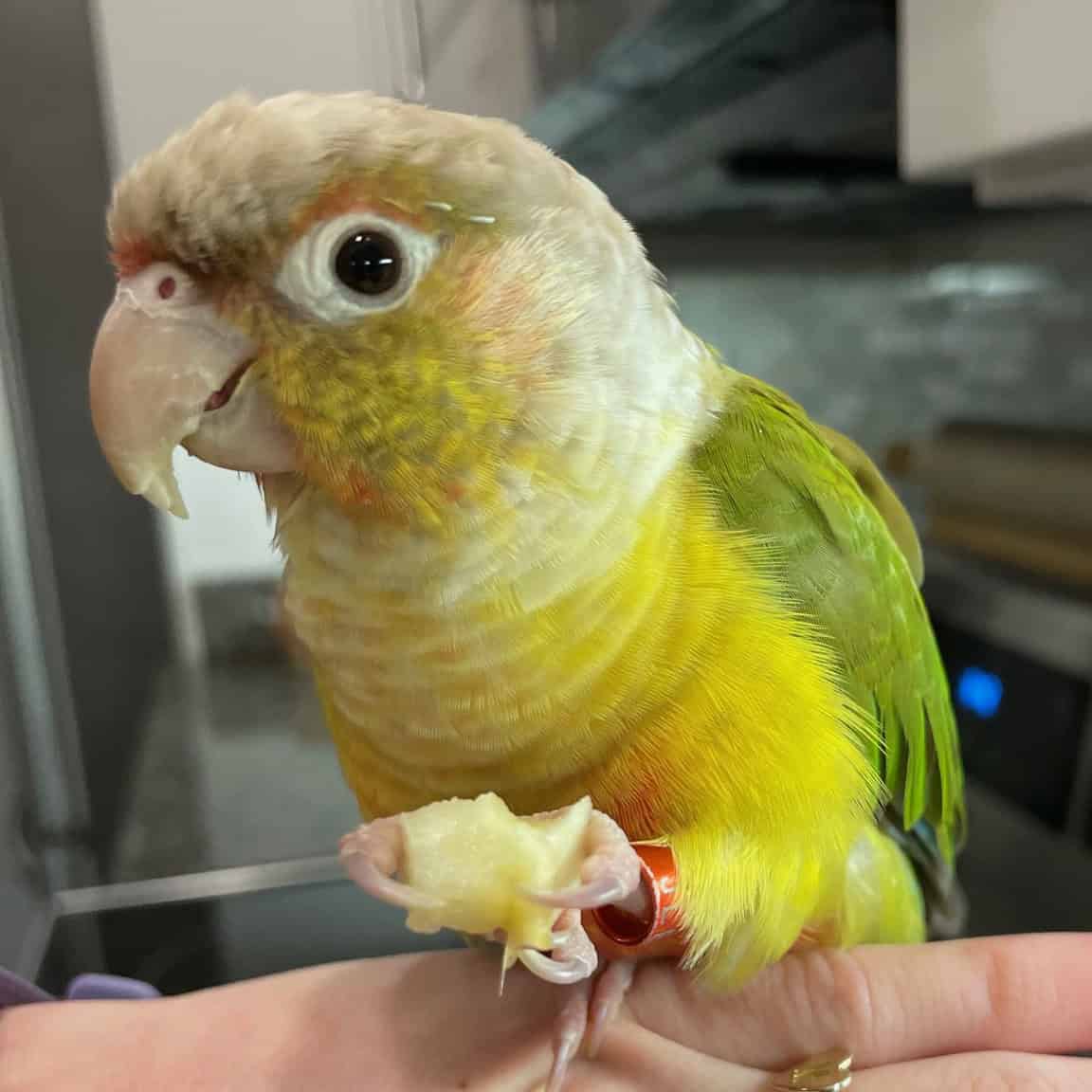Avian Flu: What You Need to Know to Protect Your Pets and Birds
Avian influenza, known as bird flu, has recently made headlines, raising concerns for pet owners, backyard flock keepers, and bird enthusiasts. From the deaths of big cats in a Washington sanctuary to pet food recalls and detections in dairy cattle, the spread of this virus highlights its potential impact beyond wild birds. At Vital Vet Animal Hospital, we’re here to help you understand the risks and take steps to protect your animals and household.
What Is Avian Flu?
Avian flu is a contagious viral infection that primarily affects birds but can occasionally spread to mammals. The highly pathogenic avian influenza (HPAI) strain has been particularly concerning due to its severe effects on birds and its potential to spill over into other species.
Recent Developments
In Washington state, 20 big cats, including cougars and a Bengal tiger, died after contracting avian flu at a sanctuary. Experts believe the virus spread through infected poultry used as food.
Certain pet foods have tested positive for avian flu. For example, Northwest Naturals recalled its Feline Turkey Recipe raw frozen cat food after it was linked to a cat’s death in Oregon.
The virus has also been detected in dairy cattle in multiple states, raising concerns about its adaptability. In some cases, cats consuming unpasteurized milk from infected cows exhibited severe illness.
These events underline the importance of vigilance, especially if you have pets, backyard flocks, or aviaries.

Protecting Your Pets
- Do not feed pets raw or undercooked poultry or unpasteurized dairy products. Stick to trusted, high-quality brands of cooked pet food.
- Keep pets away from areas where wild birds gather, or bird droppings are present.
- Wash hands after handling birds, their cages, or food. Sanitize equipment and feeding areas regularly.
- Monitor pet food recalls and avian flu outbreaks in your area.
If your pet shows symptoms such as lethargy, respiratory distress, vomiting, or diarrhea, contact us immediately at 757-956-1110
For Aviary and Flock Owners
Those with aviaries or backyard flocks face unique challenges. Avian flu spreads quickly among birds through droppings, saliva, and contaminated surfaces. Wild birds can carry the virus without symptoms, putting domestic birds at risk.
Symptoms of Avian Flu in Birds:
- Lethargy or sudden death
- Swollen head, comb, or wattles
- Decreased egg production or abnormal eggs
- Respiratory issues like coughing or sneezing
Biosecurity Tips for Aviaries and Flocks:
- Limit Wild Birds Contact: Keep birds enclosed and avoid feeding wild birds near your flock.
- Sanitize Regularly: Clean cages, tools, feeders, and waterers with disinfectant.
- Quarantine New Birds: Isolate new arrivals for at least 30 days.
- Monitor Feed and Water: Store feed securely and ensure clean, wildlife-free water.
If you suspect avian flu in your flock, isolate affected birds, contact a veterinarian, and report to local agricultural authorities.
How Avian Flu Affects Mixed-Species Households
If you have both a flock and other pets:
- Prevent Interaction: Keep dogs and cats away from birds and bird droppings.
- Supervise Outdoor Time: Monitor pets outdoors to avoid contact with wild birds or carcasses.
Stay Informed and Prepared
Avian flu is a dynamic and evolving concern, but proper precautions can significantly reduce the risk to your animals. Whether you have a pet, a backyard flock, or an aviary, the Vital Vet Animal Hospital team is here to provide guidance, care, and support.
For questions or to schedule an appointment, call us at 757-956-1110 or visit our website
Together, we can protect your pets and birds, ensuring they stay happy, healthy, and safe.
